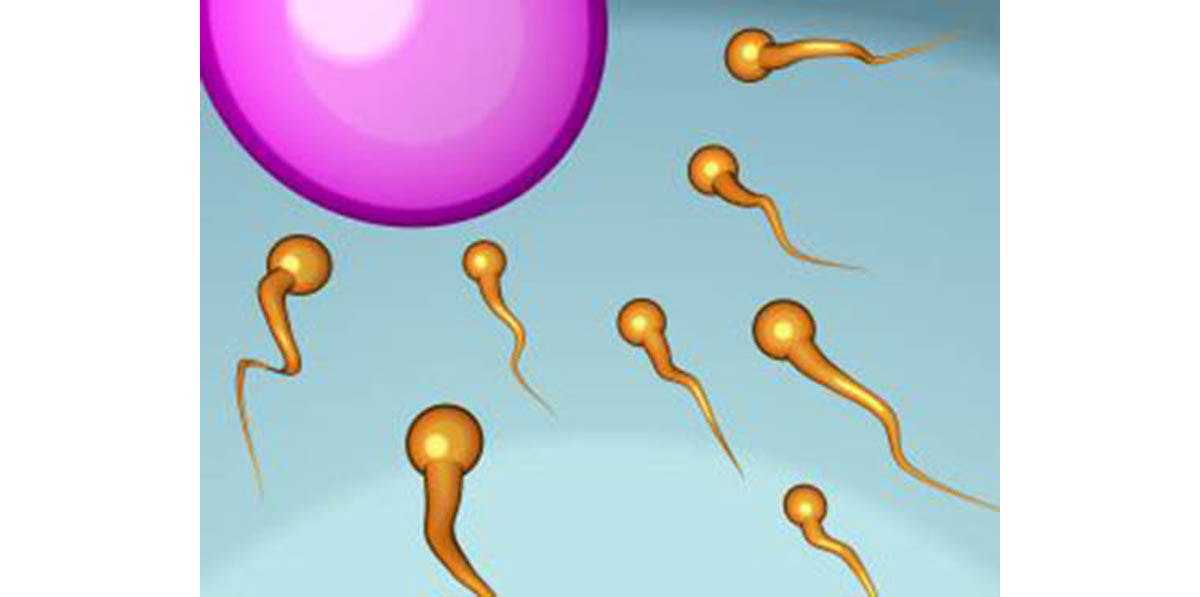Thanks to the miracles of modern science, many men who would have been unable to father a child can now do so. Whether male infertility problems are physical or sexual in nature, there are options that can help men achieve their dream of fatherhood.
Fertility problems have traditionally always been laid at the feet of women. Advances in medicine have shown that fertility problems are just as likely to be caused by male factor fertility issues. In about a third of infertility cases, a problem can be found within the female reproductive system, while male fertility problems are responsible for another third of diagnosed infertility in couples. As for the other third of infertility cases, doctors simply cannot find a cause as to why a couple cannot conceive. In some cases, infertility is a result of issues with both partners' reproductive health.
The treatment of male infertility is aimed at identifying the cause and attempting to remedy it. There are several treatment options for male fertility problems, depending on the reason for a man's inability to conceive. Some are relatively non-invasive and inexpensive, while others are cutting edge procedures that are expensive but have high success rates.
Men with abnormal levels of male sex hormones can be given medications to normalize these levels. Testosterone may improve a man's sex drive, for instance.
Thanks to the miracles of modern science, many men who would have been unable to father a child in the past can now do so. Whether male infertility problems are physical or sexual in nature, there are many medications, therapies and assisted reproduction techniques, such as IUI and intracytoplasmic insemination, that can help men achieve their dream of fatherhood.
The treatment of male infertility is aimed at identifying the cause and attempting to remedy it. There are several treatment options for male fertility problems, depending on the reason for a man's inability to conceive. Some are relatively non-invasive and inexpensive, while others are cutting edge procedures that are expensive but have high success rates.
Treatment for Physical Fertility Problems in Men
 Hormones
Hormones
Men with abnormal levels of male sex hormones can be given medications to normalize these levels. Testosterone may improve a man's sex drive, for instance.
Psychological therapy
Many sexual problems have a basis in psychological dysfunction. Men who are suffering from erectile dysfunction or who suffer from premature ejaculation may wish to attend counseling sessions to address the underlying causes. Anxiety, fear and guilt are all potent emotions that can have a negative effect on sexual function and may, in turn, affect a male’s ability to successfully impregnate his partner. Sometimes couples counseling can be of benefit, teaching couples how to communicate more effectively and reducing negative feelings that may lead to sexual dysfunction.Treatment of medical conditions
Men who are suffering from a physical illness, such as diabetes, may be temporarily unable to impregnate their partners due to low sperm count or the physical effects of their illness. Such a man's ability to get his partner pregnant may be restored when the physical illness or condition has been properly treated. For this reason, a thorough physical exam is often recommended as the first step in evaluating fertility problems.Assisted Reproduction Options
There are several assisted reproduction options available that can be tried when men have low or absent sperm counts.Intrauterine Insemination
In IUI, healthy male sperm cells are selected and prepared. They are then injected through the cervix and into the uterus when the female partner is ovulating. Often, drugs are used to stimulate the woman’s ovaries to produce multiple follicles in order to increase the chance of successful fertilization. The success rate of IUI is approximately 8 percent per cycle. The advantages of IUI are that it is relatively inexpensive and it allows for selection of the highest concentration of motile sperm (that is, sperm cells that move well).Intracytoplasmic Insemination (ICSI)
This procedure may be used for men who have very low sperm counts. ICSI is a more powerful type of in vitro fertilization. In this procedure, one sperm is directly injected into one egg. For men who appear to have no sperm upon sperm analysis, sperm may be retrieved under anesthetic during a testicular biopsy. IVF is very expensive, but success rates may be as high as 20 percent per cycle, making it one of the best chances of becoming a parent for men who have a very low sperm count. The whole procedure, however, can be physically difficult for the woman, and it is not one to go into lightly.Donor Insemination (DI)
For men who have no sperm whatsoever, the use of donor sperm may be the only option. In donor insemination, donors are carefully screened for disease. It is possible to choose a sperm donor who shares the male’s physical characteristics, such as eye and hair color. Men do not find the decision to use donor sperm to become fathers an easy one to make, however, the only other available options when the male has no sperm are to adopt or remain childless. For couples who wish to experience pregnancy and childbirth with their partner, donor insemination can be a good option, as opposed to adoption which may be very expensive and can take years.Thanks to the miracles of modern science, many men who would have been unable to father a child in the past can now do so. Whether male infertility problems are physical or sexual in nature, there are many medications, therapies and assisted reproduction techniques, such as IUI and intracytoplasmic insemination, that can help men achieve their dream of fatherhood.
- Stanley J. Swierzewski, III, M.D. (13 Sep 2010). Male Infertility Treatment. Urology Channel
- Patient's Fact Sheet: Diagnostic Testing for Male Factor Infertility. American Society of Reproductive Medicine.

